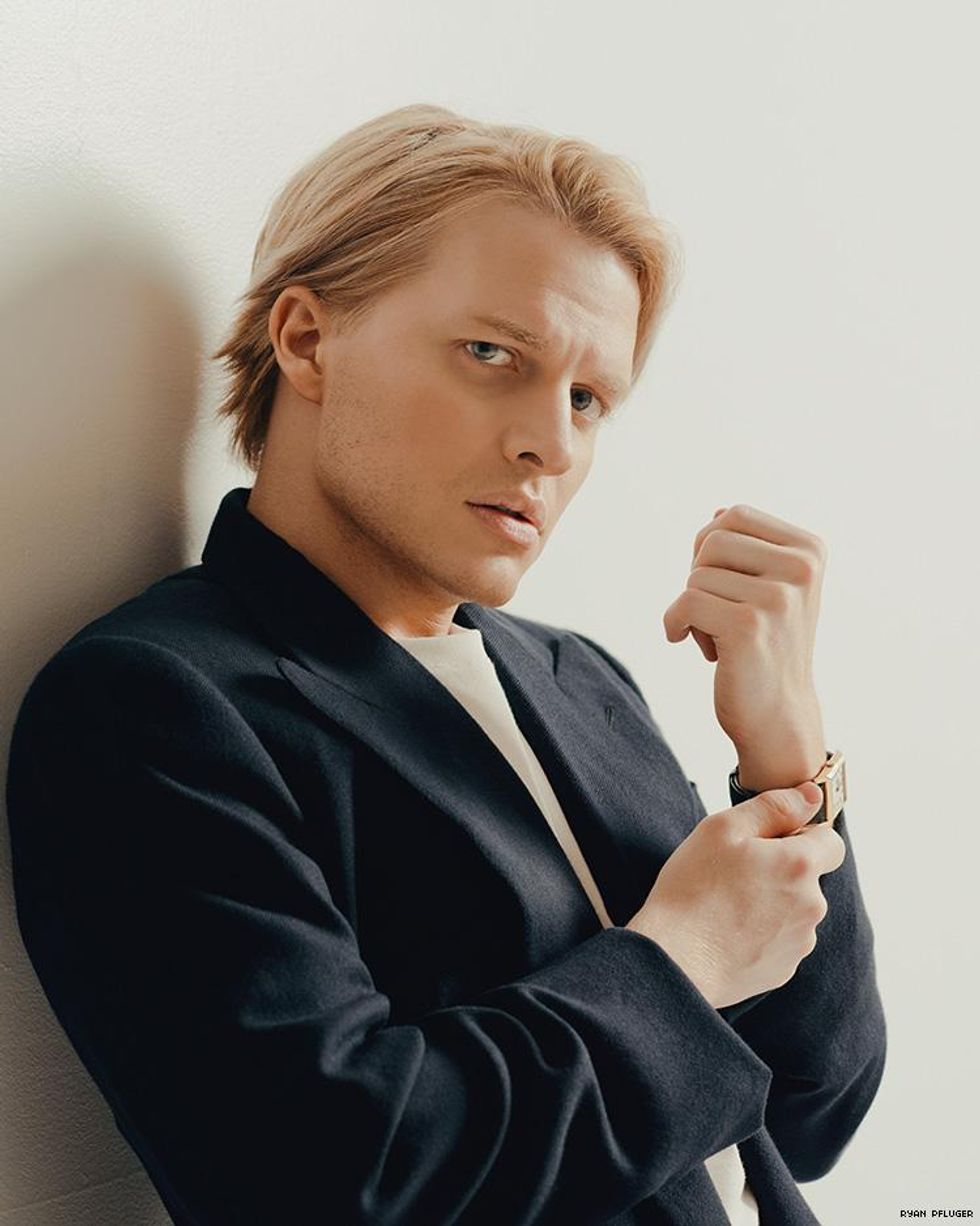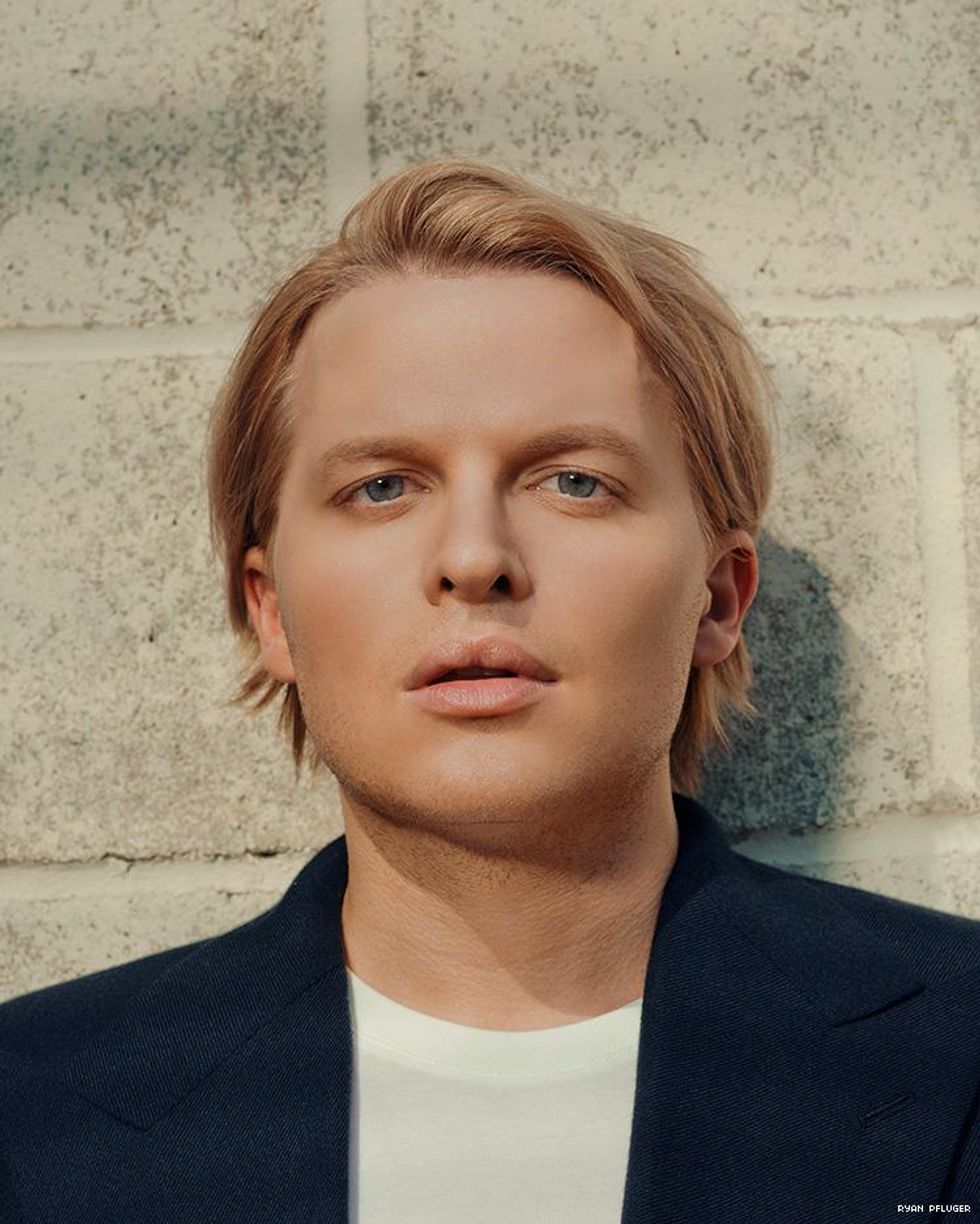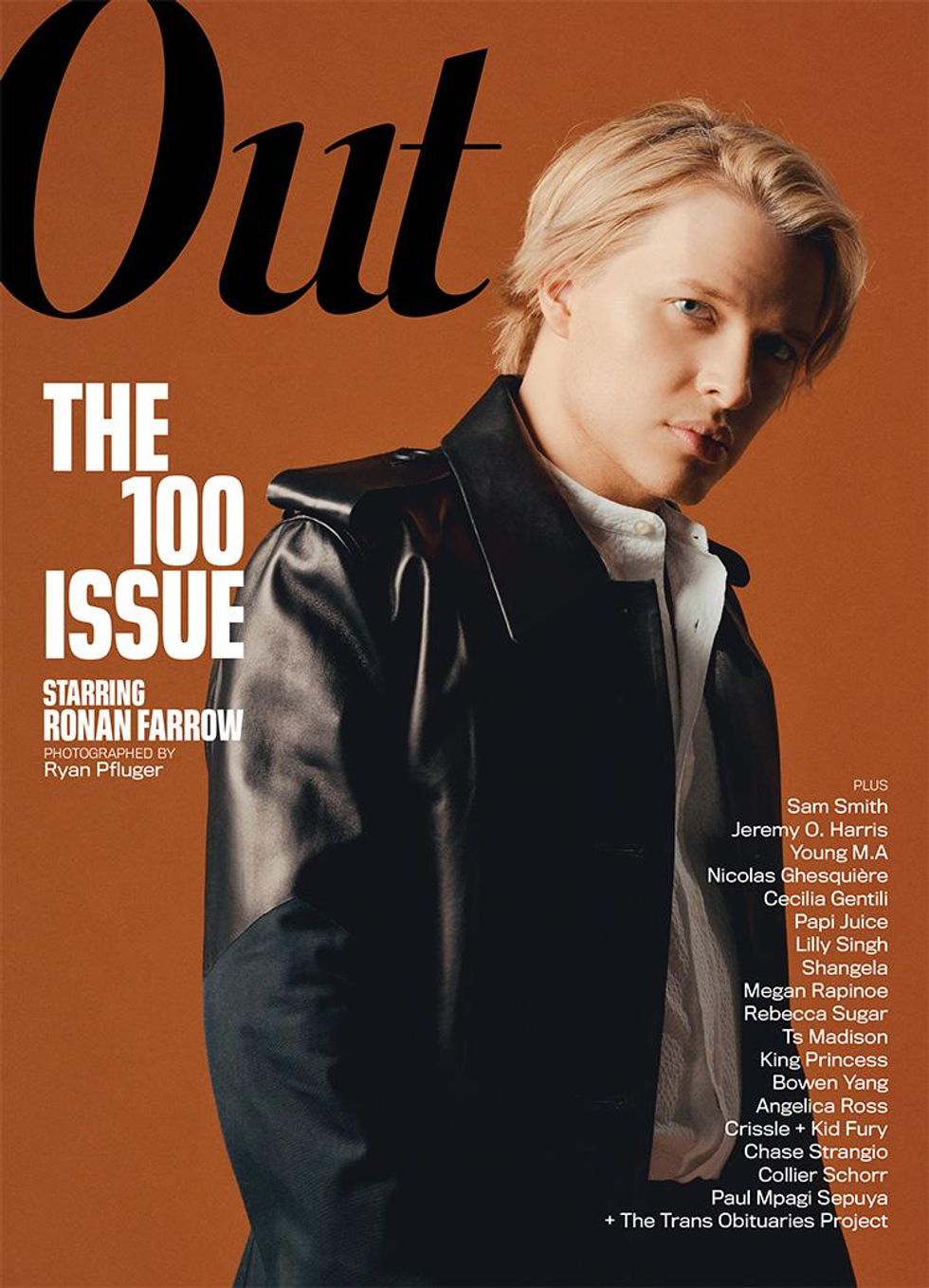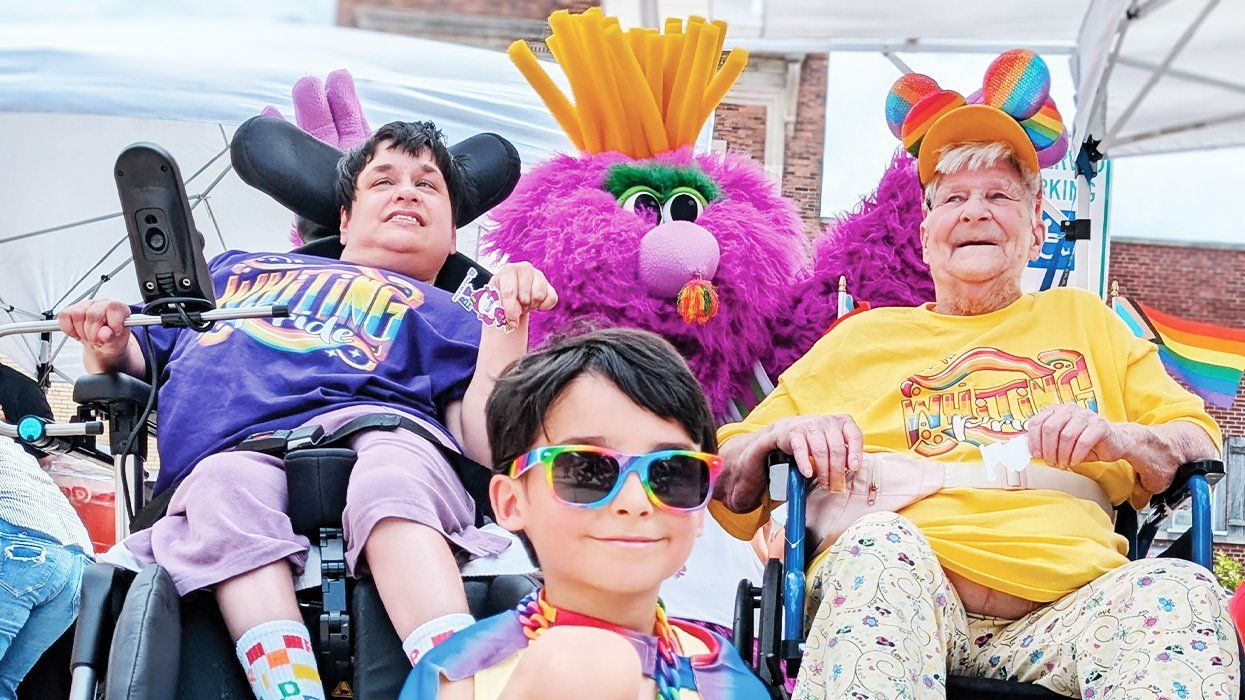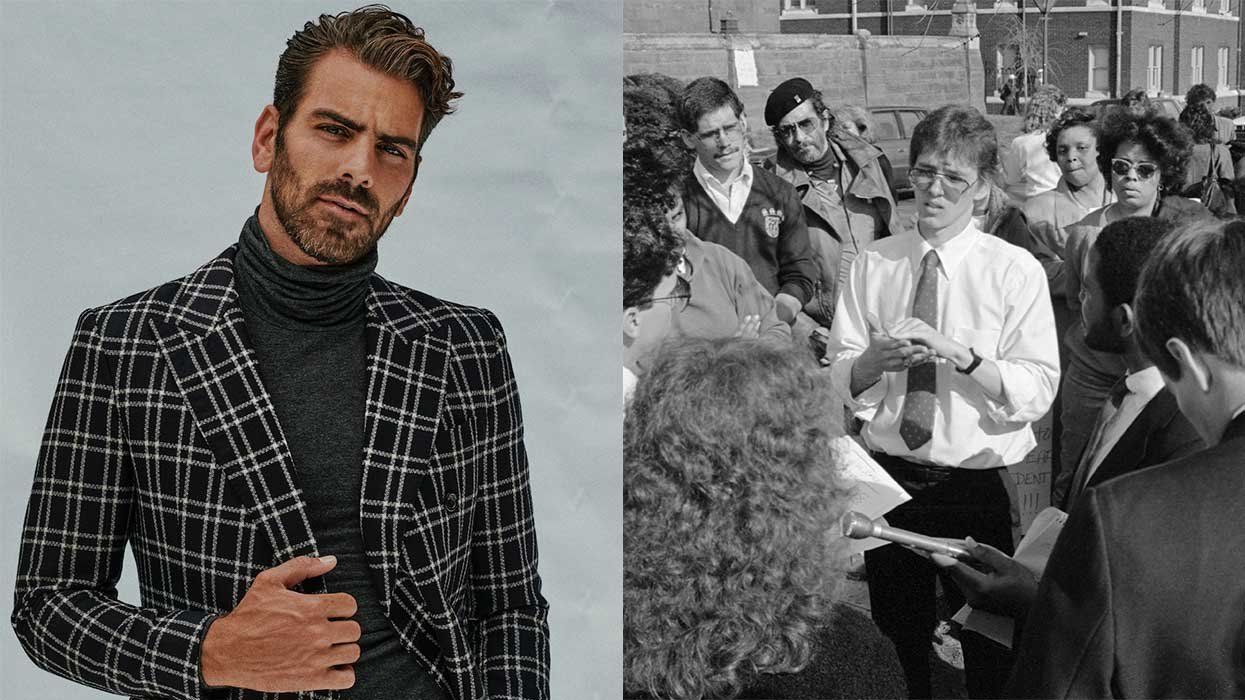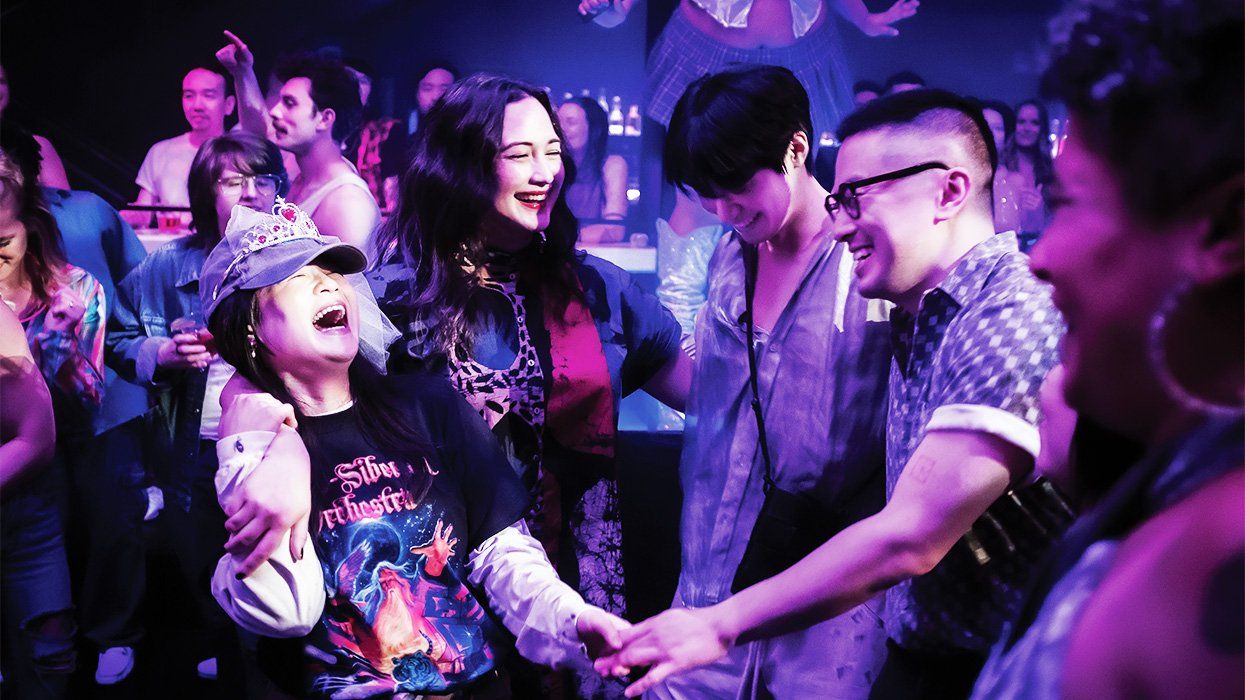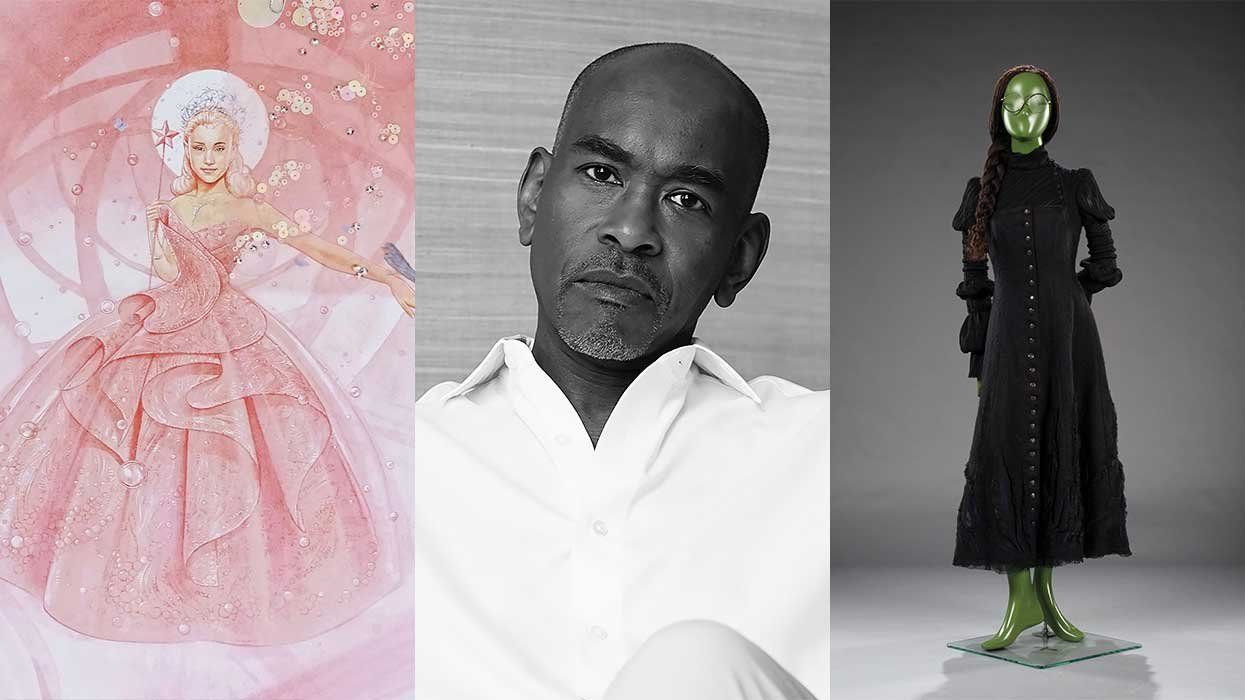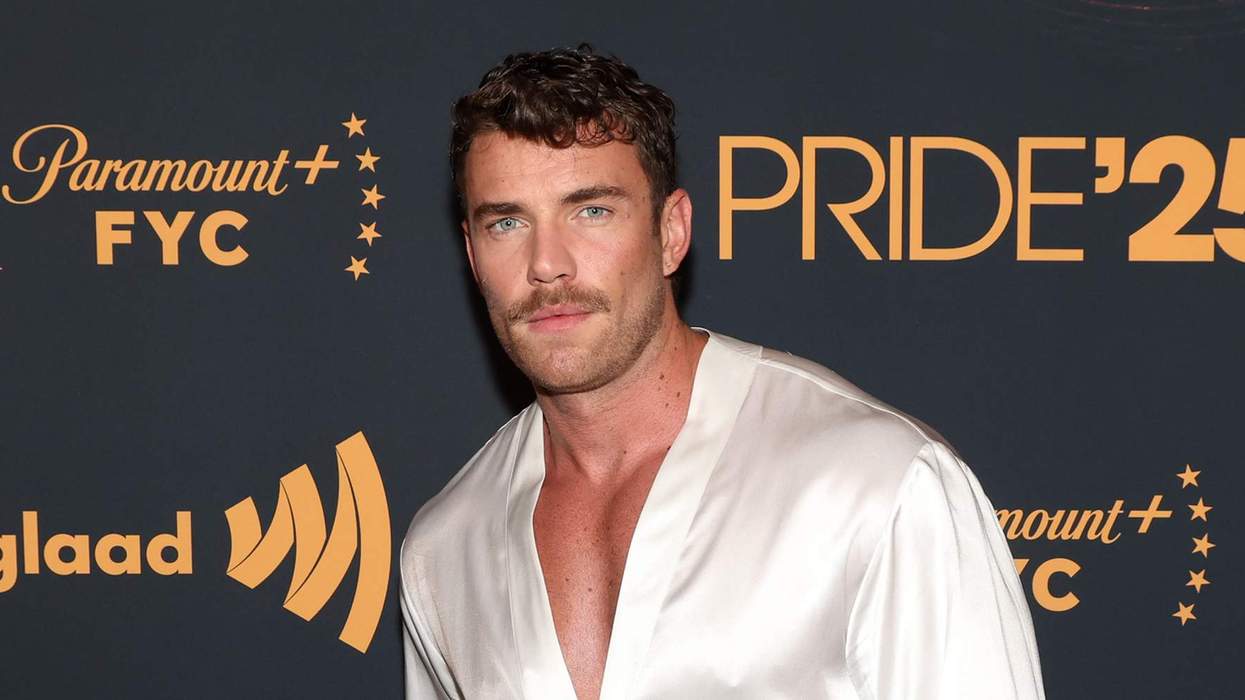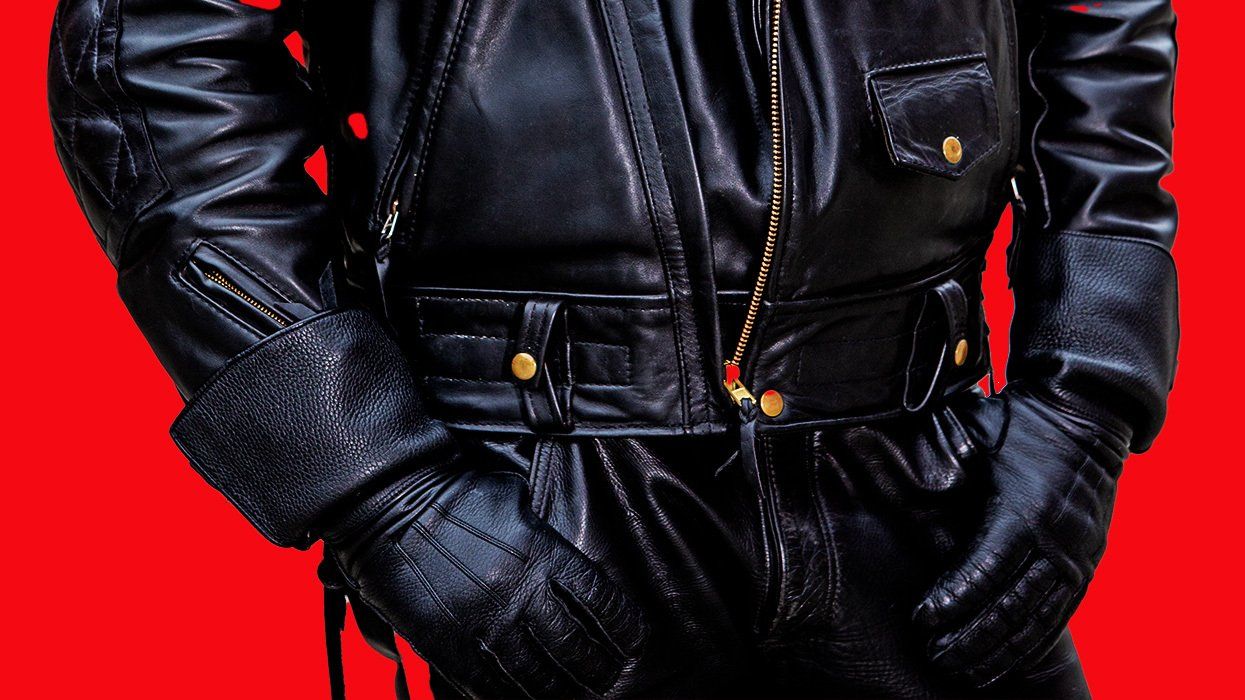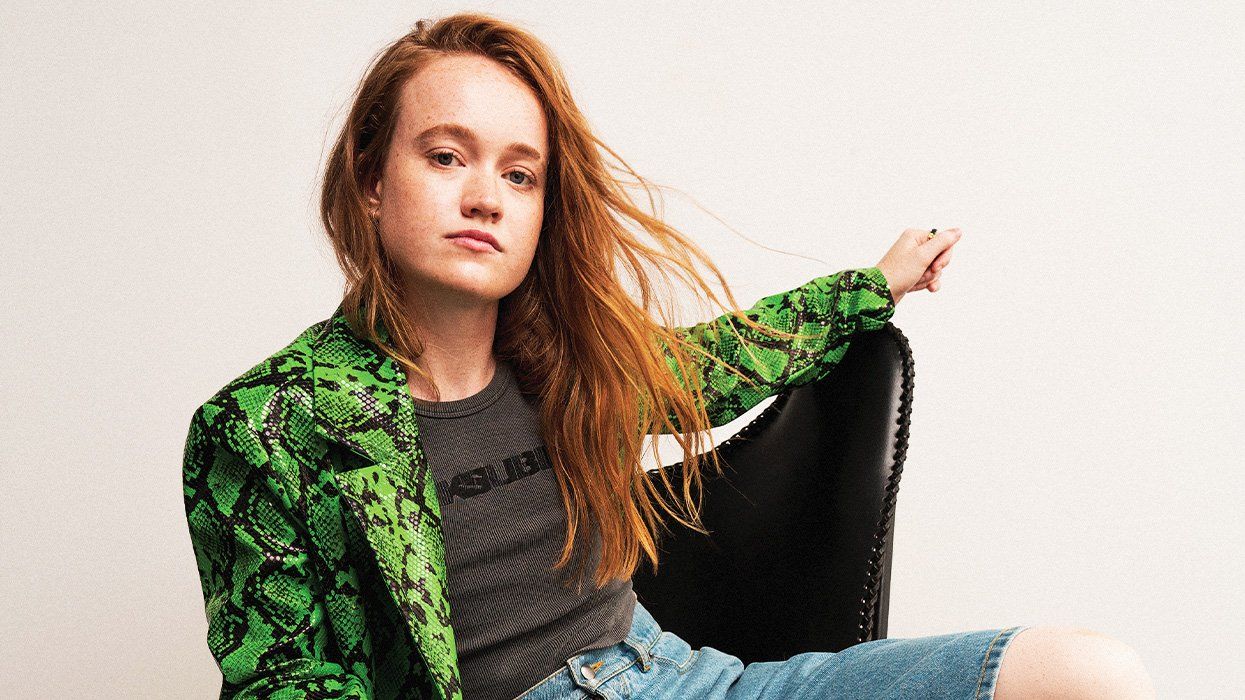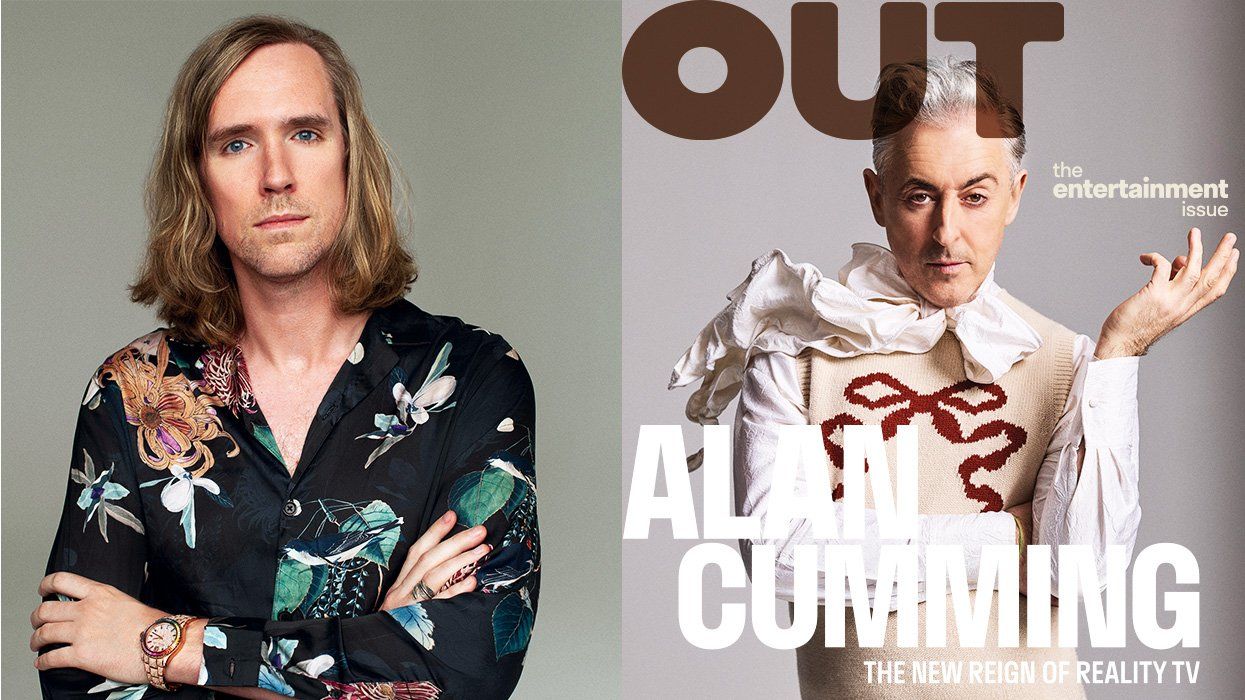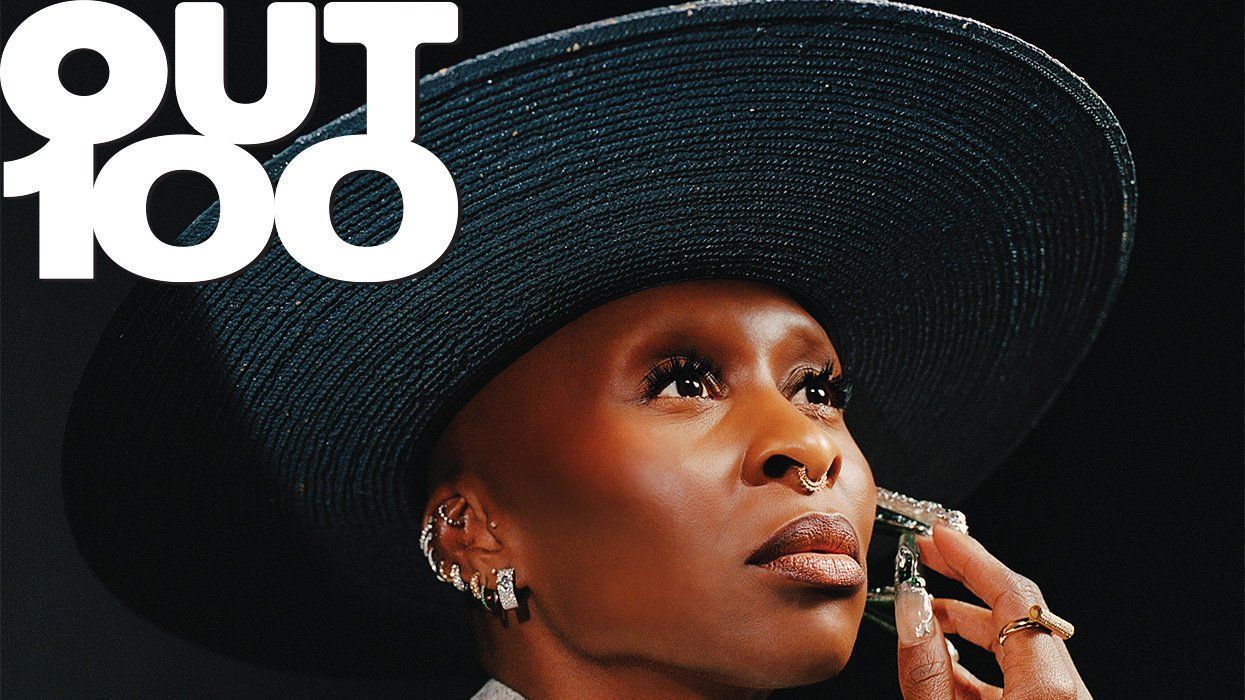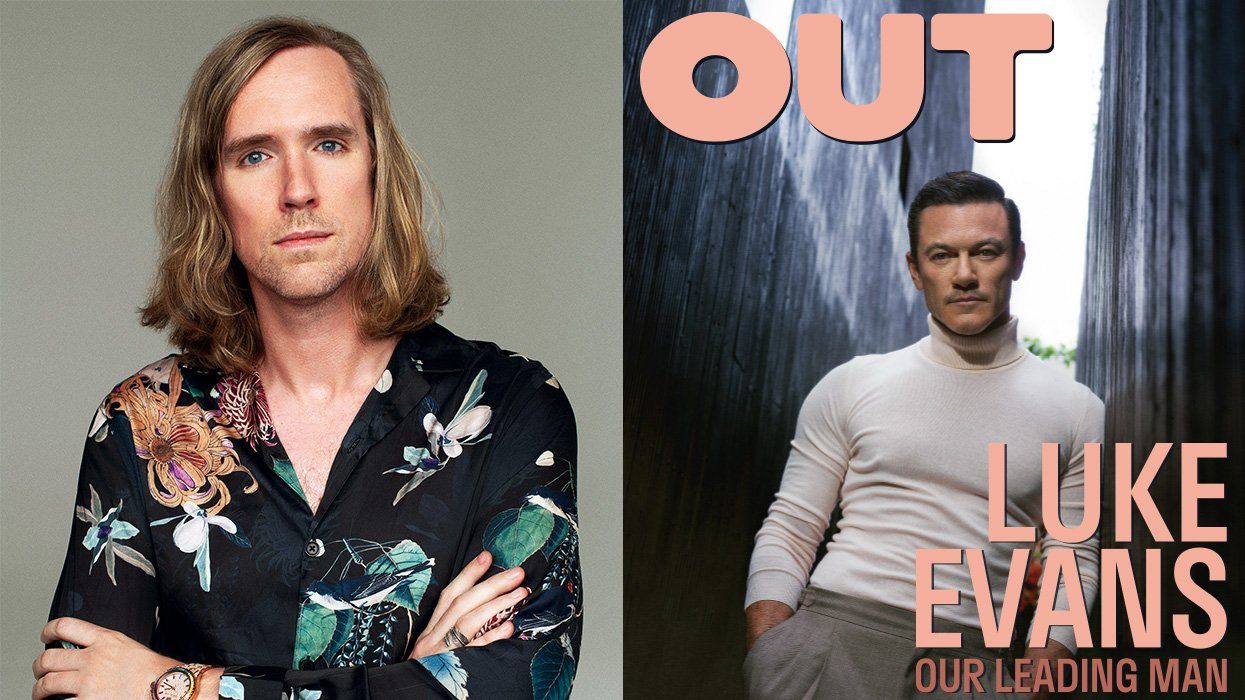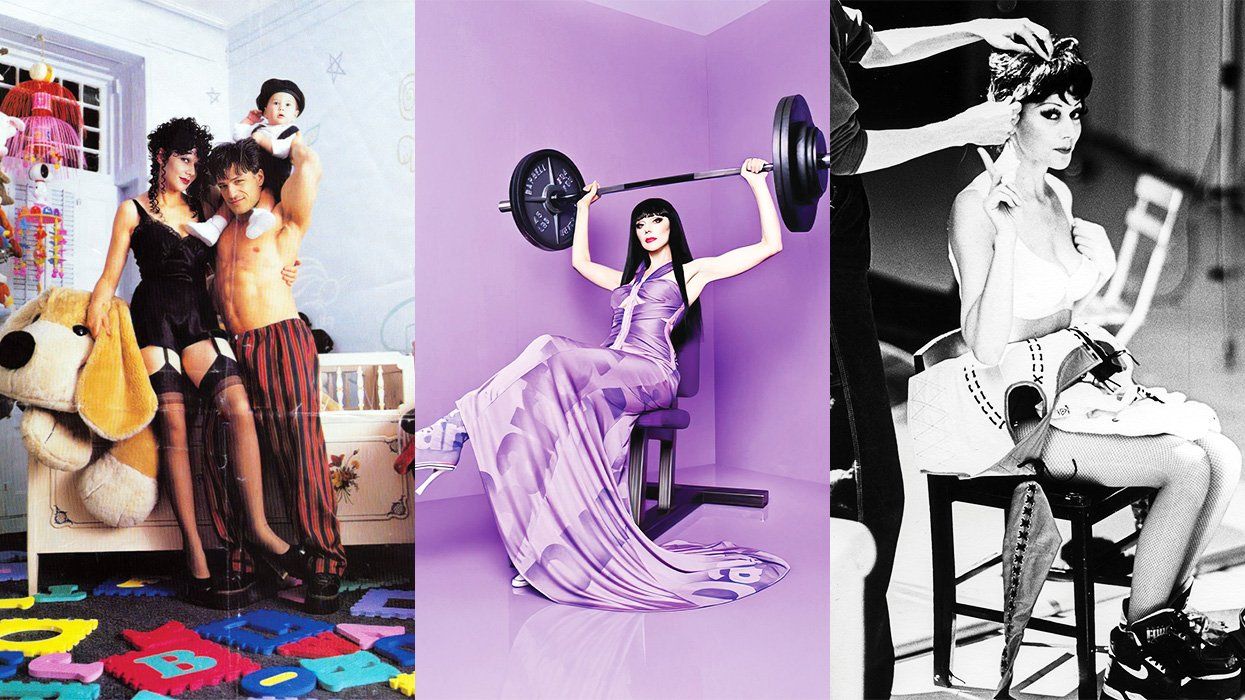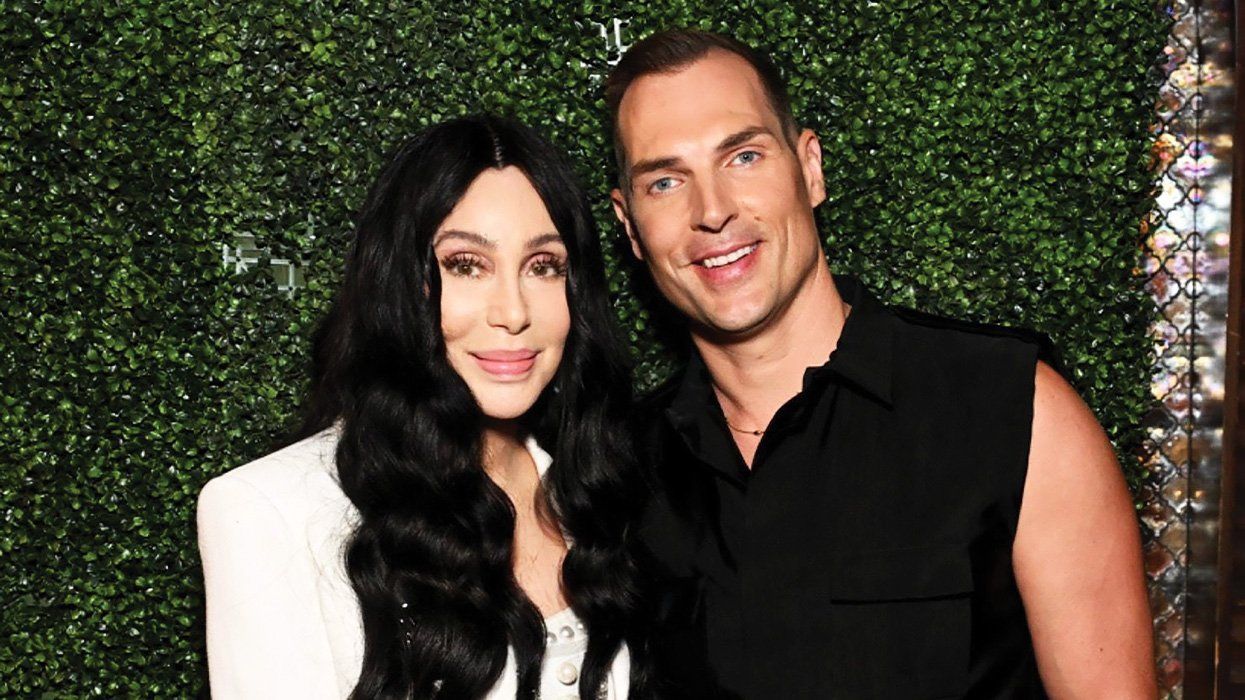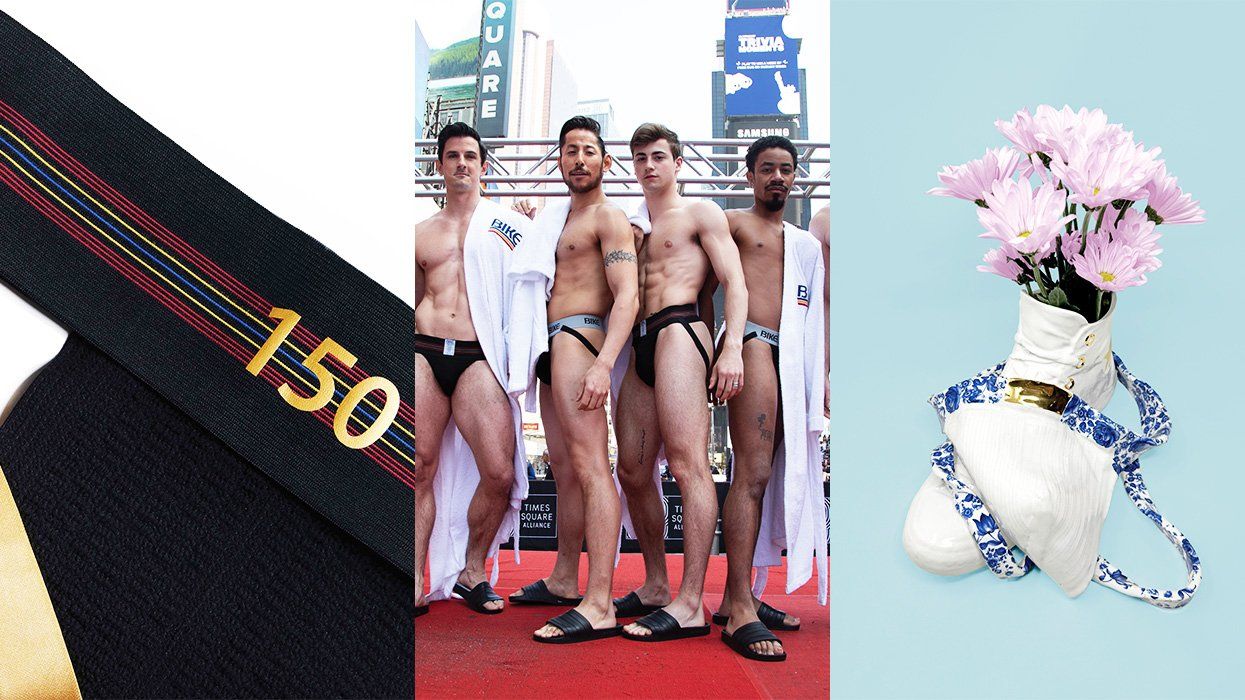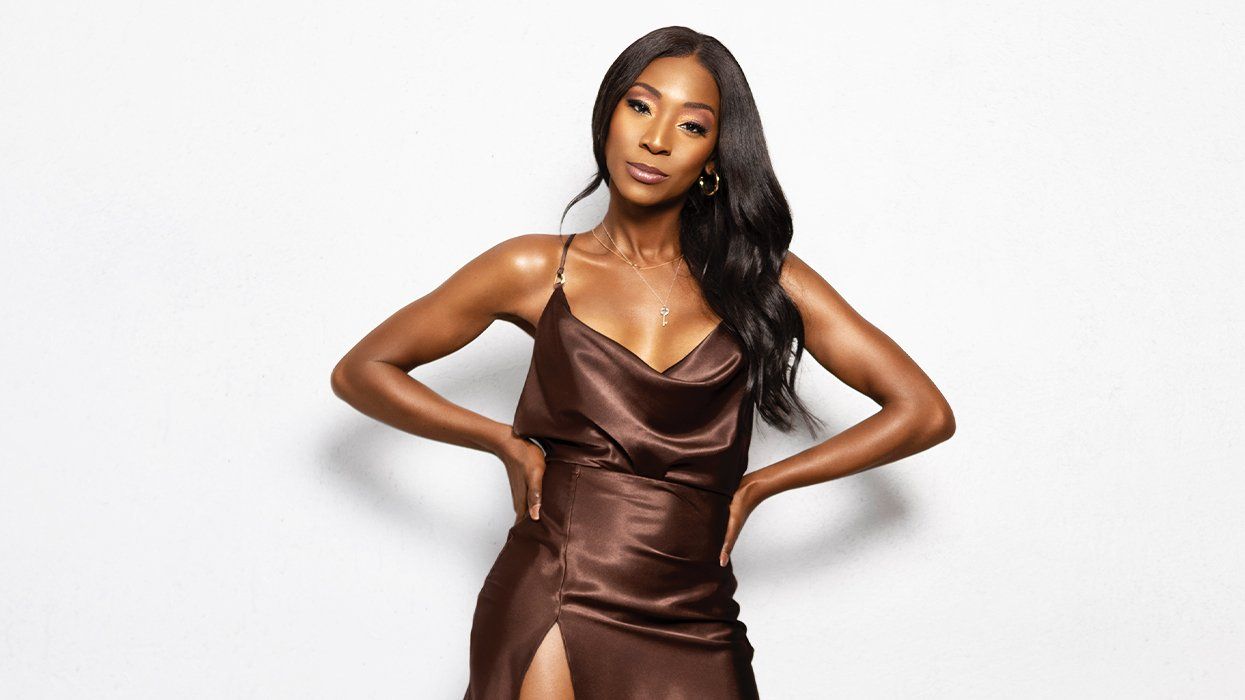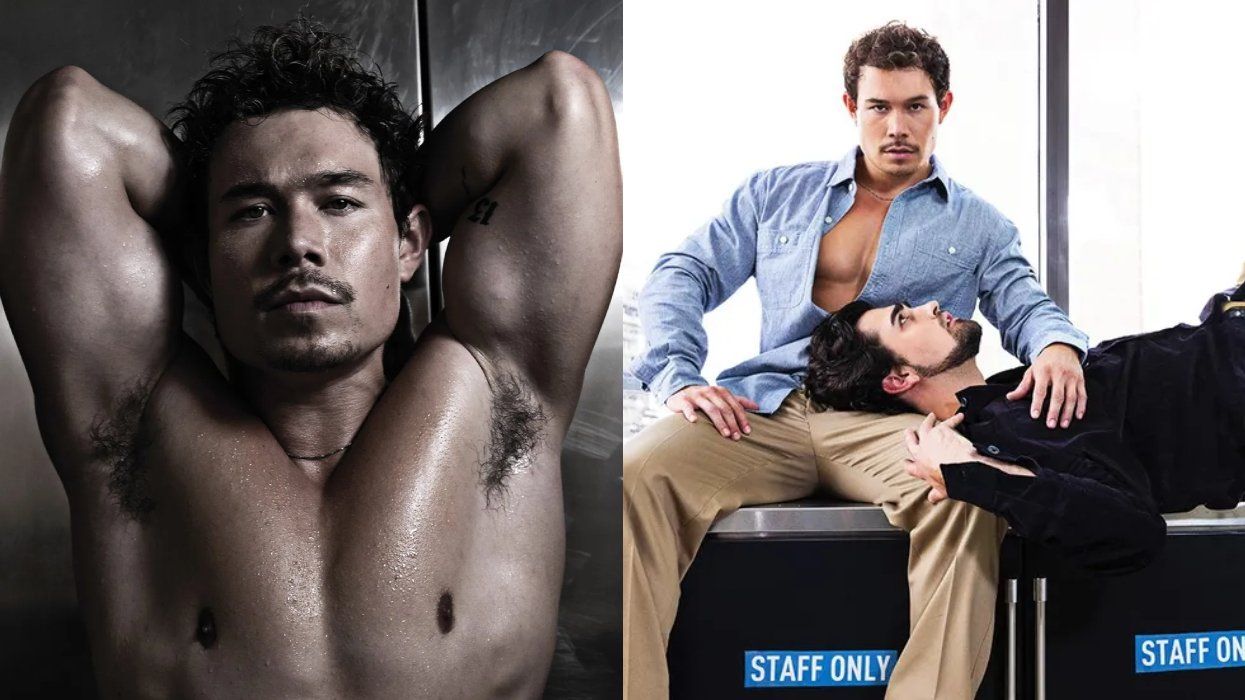Weinstein, Moonves, Schneiderman, Lauer. Many powerful men have had their reckonings as a result of Ronan Farrow's pen -- but few of us knew the dangerous and sometimes emotional story behind the scenes. In the most explosive book of 2019, Catch and Kill, Farrow finally opens up about his experience. Here, his friend and the founder of the #MeToo movement, Tarana Burke, asks him about his process, the women who inspired him, and how he found love along the way.
Tarana Burke: I think your reputation precedes you now, right? Everybody knows that you don't want Ronan Farrow getting in your business -- it may not end well. And I hate to ask because I hate being asked, but, "Where do you get your courage?"
Ronan Farrow: Well, you're the one who should be asked. Where do you get your courage from? You have lived it, you have overcome it. You are passing on courage to others. For me, I hope that the book is a raw, honest, emotionally revealing testament to the fact that it's not easy. For a lot of the sources who were embroiled in this international plot, and a lot of reporters who banged their heads against the wall trying to get the truth out, the same was true. They didn't feel strong or courageous, they felt frightened. That's often what it feels like when you're tested, and doing the right thing can make a big difference.
TB: That point is so important to make because people assign courage to you afterwards. I had an elder who always used to say, "If you're not scared, it's not really courage." I think about that when I read about what you had to go through. You're talking about the stuff that James Bond movies are made of. Right? This is like, people following you and trying to put a stop to it and international conspiracies.
RF: It seems almost like some parts of this plot are straight out of a spy thriller. And indeed, this was orchestrated by powerful people who I think at times lost sight of the fact that they weren't in a spy movie. The reason it's important to tell this story and the reason I poured these two years into reporting it is that those kinds of extreme and exotic tactics do get thrown at journalists all the time, all around the world. And I feel so fortunate to have had it happen to me in a country where I had the protection of the First Amendment and a really strong legal system.
TB: The same people who were surveilling you and following you were also surveilling and following press who are covering stories about international or global crisis situations. Right? Because I think something that people just don't think enough about is how sexual violence is not about sex -- it's about power.
RF: Power is exactly the right word. To me, these stories were always bigger than Harvey Weinstein or Les Moonves or Eric Schneiderman or any of these individuals I've reported on in the context of sexual violence. They are stories about abuse of power and the ways in which, if you are wealthy and connected enough, you can subvert all of the systems in your favor. You can gaslight and create front companies and send agents with false identities after the people criticizing you. You can distort the criminal justice system -- as Harvey Weinstein did for years -- to evade accountability. You can distort and spin the press.
TB: One of the things that I really admire about you is that you give so much deference to your sources and the survivors in this conversation. I'm interested in how much you've changed based on your exposure to and interaction with and understanding of these women that came forward to you and trusted you with their stories.
RF: The bravery of the women in these stories that I've reported has changed me profoundly and is probably the most significant factor in keeping me in the game, regardless of how intense the threats became. When you watch a person break down recounting the worst moment of their lifetime, and decide to speak and put their name on the record even though that is going to be traumatic and may put them at personal risk of retaliation of a very serious kind, you can't help but be inspired to do better and be braver.
TB: And to your point, I think what I recounted over the years has been much less about what you did, in terms of these people willing to come forward or take these kinds of steps. I know that you kept relationships after that and made efforts to be extra careful about how their stories were told and how they were portrayed -- and that's beyond journalism.
RF: I felt a very acute sense of responsibility that I was stepping into an emotional arena that I, as a guy, couldn't fully understand, and as a non-survivor, couldn't fully fathom. But I wanted to earnestly treat this very serious issue with so much respect and honor how courageous these sources were being. In one sense, I view the sources in these stories about sexual violence in the same way I would view a government whistleblower talking about corruption or a corporate whistleblower. But in another sense, I was also aware that this was a uniquely intrusive and personal conversation that I was having with these women. So I really went to pains to give them agency and in cases where they weren't yet ready, I'd say, "OK, I understand."
TB: I know you get asked a lot, "Oh, did you think this was going to turn into a movement?" I know the answer to that already, but what I love so much is that you're very clear about your role as a journalist and not an activist.
RF: I think, for journalists, uncovering the truth is the first and one of the most important steps towards holding powerful people accountable and protecting our basic rights. But change doesn't happen without people taking hard truths and translating them into social [progress]. That's a very different job. When I get asked that question -- "What was it like to be behind the story that was part of starting a movement?" -- my first answer is always, "I'm sorry, excuse me, Tarana Burke was working on the movement for years." And the term #MeToo was around for years, and you're wonderfully gracious around talking about how the recent reporting has catalyzed the work that you do. But I'm very aware that your work came before and helped create an ecosystem where the reporting could happen.
TB: This doesn't happen without the courage of the survivors, but you gave me some language that I often use. Which is, when we were talking about the role of journalism versus activism, you say: "Don't say, 'Believe survivors.' Instead, listen to survivors." One of the most respectful things you could do for a survivor is actually investigate. Because that's not even something that's common, right?
RF: One of the changes that is gradually happening is an understanding in the media that you can rigorously report out these claims. That they don't always have to be "he said, she said." That you can uncover paper trails of documents and settlements and eyewitness accounts.
TB: It helps that your reporting is so clear and so straightforward. But I think the book will be a great space for people to get to know you as a person, which I know is not your goal, but it is helpful to know the kind of people behind these things.
RF: One thing that's unexpected for people about the book is that I allow myself to be human and vulnerable, even when it means being kind of self-lacerating and putting myself out there, flaws and all. The book is a lot of unexpected things. It's a love story. It is open about how my relationship fell apart and then came back over the course of these very difficult events. And as a result, it's a very queer book, in a way that I think people won't expect and are now surprised by as they come to it. And I'm proud of all of that. You have been inspiring in being both a powerful leader of a social movement and also being human and honest.
TB: In some ways, it feels weird to take credit because I kind of don't know how else to be. As the visibility grew, I think you can relate to this, I had nowhere else to go. But I've met your wonderful partner. I can't imagine what this experience would do to both interpersonal relationships and your personal life.
RF: It wreaks havoc. God bless the wonderful editors who put up with me, and Jon, my partner who was really a voice of conscience and someone who kept me strong through the narrative described in Catch and Kill. I don't know where I would be without those folks. When I am in the zone, dealing with all this stress and pounding away at a keyboard day and night, I am not the easiest person to put up with.
TB: Sometimes when you hear narratives about people who are queer, you don't get to hear about the love and support and the kind of community they have. Or people just focus on the queerness.
RF: Right. The LGBTQ+ community is such a wonderful one to be a part of. Some of the first recognition I got for tough reporting was bringing trans people on-air at a time when people were booking segments about trans rights and having straight [cisgender] white guys talk about them. For my investigative series for The Today Show, I followed a young trans woman grappling with whether and how to transition as she attended a conservative college. I've been inspired by reporting on people who do brave things like that and put themselves out there in that way. All of that informs my understanding of the reporting that I've subsequently done on #MeToo issues.
TB: You definitely have been around and done the work. I think we are all better for it. I know we're all better of it. I am certainly grateful that you are who you are. Mama Farrow did an amazing job.
RF: Let's give a hand to moms who raise people to do good work. I feel like anything I've done that's of use to others, it is directly descended from my mom's central public service. So thank you, Mom.
Photographed by Ryan Pfluger
Styled by Yashua Simmons
Grooming by Matthew Tuozzoli using Oribe at See Management
Photo Assistants: Nicol Biesek, Travis Chantar
Fashion assistant: Julian Mack
This piece was originally published in this year's Out100 issue, out on newstands 12/10. To get your own copy directly, support queer media and subscribe -- or download yours for Amazon, Kindle, or Nook beginning 11/21.



